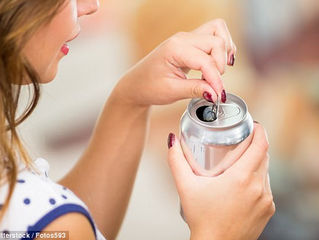

'Handful of changes' make cancer
British scientists have worked out how many changes it takes to transform a healthy cell into a cancer. The team, at the Wellcome Trust...


Study finds world obesity rates dramatically increase by tenfold in 40 years
Children are heavier than they've been in 40 years, with obesity rates up tenfold since researchers started studying the problem. A new...


IVF at 40. Louise Brown: My life as the world’s first ‘test tube baby’
On 10 November 1977, almost 40 years ago, the world’s first embryologist Jean Purdy observed that an embryo in a petri dish had divided...


How fever in early pregnancy can cause birth defects
Running a high fever during early pregnancy is known to be dangerous. A first-trimester fever can increase a baby's risk of developing a...


Americans don't live together like they used to
Americans are less likely to share a roof with a partner than they were a decade ago, according to a recent report released by the Pew...


Women who consume more than one sugary drink a day while undergoing IVF cut their chances of conceiv
Women who consume sugary drinks while having IVF cut their chances of conceiving, new research reveals. Drinking more than one sugary...


Tests showing low egg reserves not linked to infertility
Lab tests showing that women have low reserves of eggs in their ovaries may not necessarily mean they will struggle to get pregnant, a...
































